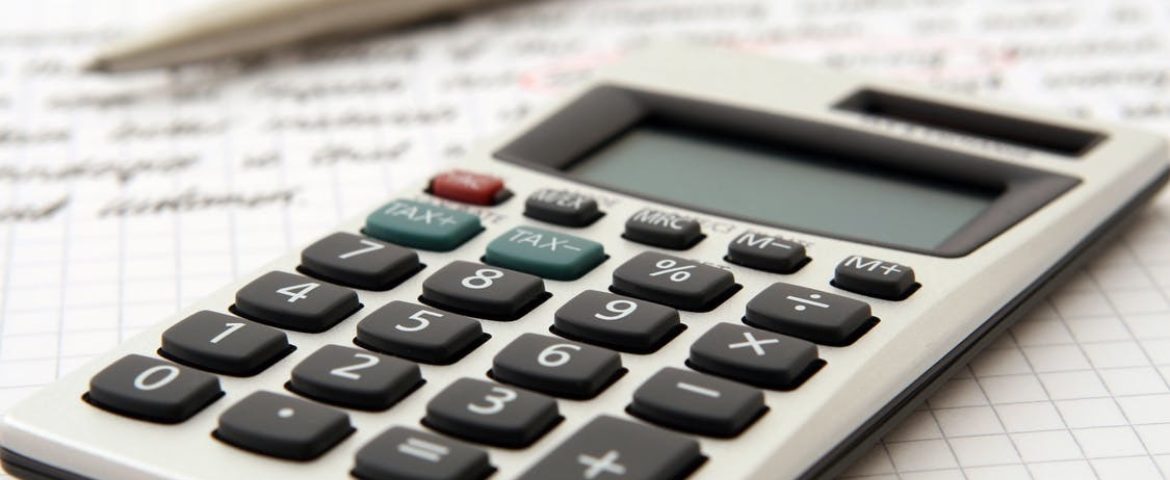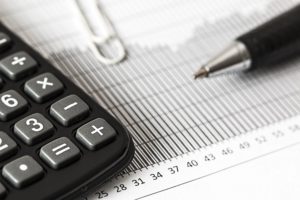Tax depreciation (also known as property depreciation) is a legitimate deduction against assessable taxable income, generated by a residential or commercial investment property.
The Australian Taxation Office (ATO) recognises that the value of capital assets gradually reduces over time as they approach the end of their effective life. These assets can be written off as a tax deduction - known as depreciation.
Who can prepare a depreciation schedule?
To claim depreciation on your investment property, you need a Tax Depreciation Schedule, which must be professionally prepared by a qualified quantity surveyor. It is document that sets out how much depreciation you can claim on your property to produce your tax refund.
What can be depreciated?
Deductions come in two types:
1. Capital works deduction, which relates to the original construction costs of the building and any structural improvements (renovations) and
2. Plant and equipment allowances, which allows for depreciation contained in the building, such as appliances, curtains or carpet.
Different items within a rental property have different rates of depreciation based on the effective life of the item. Qualified inspectors have the expertise and knowledge to know which items are depreciable and how savings can be made. They should physically inspect the property to make accurate assessments.
Tax returns can also be amended for up to two years to catch up on lost returns if you think you have overlooked your entitlements in the past. Who knows, your tax depreciation deductions may turn a negatively geared property into a positively cashflowed property using this lesser known tax benefit.













